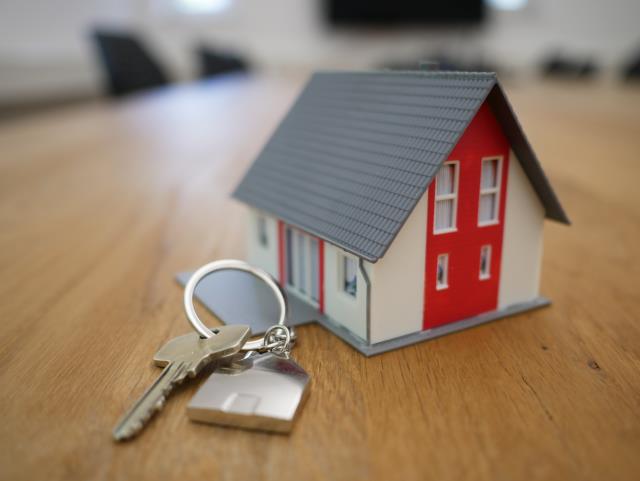Organisers of the national housing campaign Everybody’s Home says the latest Rental Affordability Index report underscores the chronic underinvestment in social and affordability over the last decade.
Released by SGS Economics & Planning, and National Shelter, the report shows renting has become less affordable across the country as rent outpaces wages for many tenants, including job seekers, students, pensioners and single working parents.
According to the report, every capital city experienced a decline in affordability this year. Rental affordability has hit record lows in some areas. More than 40% of low-income households are in rental stress, which has risen over the past decade.
Figures released by AHURI in July demonstrate the long term decline of social housing as a proportion of overall housing stock. In 1981, 4.9 per cent of Australia’s housing stock was social but the 2021 census revealed this had declined to only 3.8 per cent.
National spokesperson for Everybody’s Home, Maiy Azize, said it’s a national shame that our wealthy, lucky country has so many people struggling to live safely and affordably.
“Australia’s housing crisis has reached fever pitch. No part of the country has been spared. Rents are shooting up in towns and regions, and our cities have never been more expensive.
“It’s clear that the chronic underinvestment in social and affordable housing over the past decade has created a domino effect of housing stress in all corners of the country.
“Stagnant wages, low rental vacancy rates and rising interest rates all add to rental stress but the huge shortfall in social and affordable housing is one of the biggest drivers.
“This report shows that renters spend more of their income on housing compared with homeowners with a mortgage. We are seeing more and more Australians competing in an unaffordable rental market, because there’s less social and affordable housing available compared with a decade ago.
“We need governments to ensure all of us have a safe place to call home by building at least 25,000 social and affordable houses each year to keep up with demand. We also need to expand and raise Commonwealth Rent Assistance to ensure people struggling to make ends meet aren’t forced to choose between paying rent or putting food on the table.”







